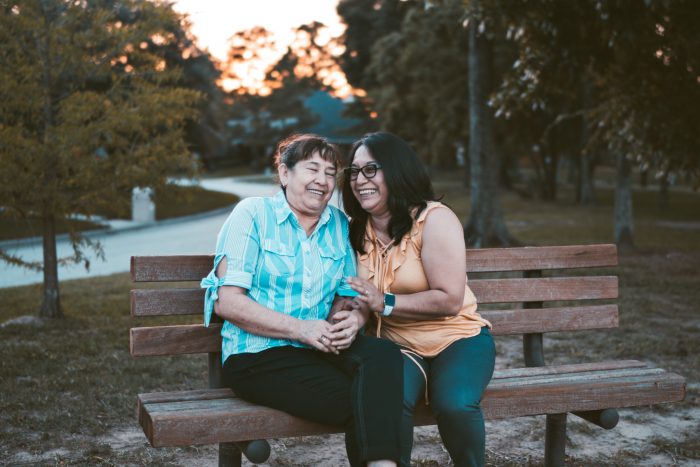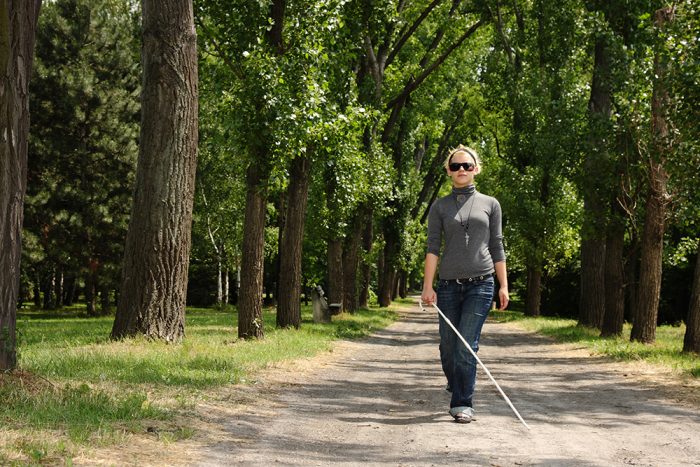Waiting Lists For IDD Services Balloon
ARPA: One-Time Supplemental Payment to Address Staff Training, Credentialing, and Business Associates Programs for Employment
ODP Announcement 22-031 provides guidance about the process for providers and Supports Coordination Organizations to request one-time payments to address staff training, credentialing, and business associates programs for employment.
As part of the Office of Developmental Programs’ (ODP) American Rescue Plan Act (ARPA) strategy to strengthen Home and Community-Based Services (HCBS), providers can receive a one-time supplemental payment. The following activities would be supported by this funding:
- Agency adoption of Centers for Medicare and Medicaid Services (CMS) core competency training for Direct Support Professionals (DSPs);
- DSP National Association for Dual Diagnosis certifications;
- Agency completion of National Association for Dual Diagnosis Accreditation; and
- Lifecourse Ambassador Series for individuals or agency hosting of the series.
- Providers are encouraged to be creative in their proposals with an eye towards the development of creating or enhancing career ladders for DSPs, portability, and expansion of a well-qualified workforce and employing the principles of Lifecourse.
Providers interested in applying will need to complete and submit the attached Staff Training, Credentialing, and Business Associates Programs for Employment Supplemental Payment Application and submit via email to Rick Smith. Applications will be accepted through June 30, 2022. Funding may be requested up to 1% of ODP eligible service revenue from Fiscal Year (FY) 2019/2020, FY 2020/2021, or $100,000, whichever is greater.
Please see the announcement for full details of this program.
Open for Public Comment: Proposed Amendment to the AAW Effective July 1, 2022

ODP Announcement 22-030 shares that the proposed amendment to the Adult Autism Waiver (AAW) is available for public review and comment. There is a 30-day public comment period that starts on March 12, 2022, and ends on April 11, 2022.
The Office of Developmental Programs (ODP) is seeking your valuable feedback and comments. Information regarding the proposed waiver amendment changes, including how to provide comments, can be found in the Pennsylvania Bulletin, Volume 52, Number 11, which was published on Saturday, March 12, 2022. The waiver amendment and the record of change document are available here.
Opportunity for Cornell University’s Work Incentives Practitioner Credential
ODP Announcement 22-029 serves to announce an opportunity for providers to have a staff person(s) participate in a virtual certification program with the goal of receiving a Work Incentives Practitioner credential.
Please complete an application for the Office of Developmental Programs (ODP) to get to know your organization and to measure your interest and commitment in having a staff person(s) receive the Work Incentives Practitioner credential and enrolling with ODP to provide the Benefits Counseling service. Applications must be submitted by email to Laura Cipriani no later than April 1, 2022.
Pandemic Medical Innovations Leave Behind People With Disabilities
Opposing Team Members Surrounded a Soccer Player Whose Hijab Came Off, and It’s Fabulous
Pennsylvania is Committed to Helping Women Live Healthy, Vibrant Lives — Message from DHS

Secondary Benefits of Competitive Integrated Employment Webinar Now Available
The Employment First Community of Practice webinar entitled “Secondary Benefits of Competitive Integrated Employment” is now available in archive. During the webinar, researchers Dr. Paul Wehman and Dr. Katherine Inge discussed the impact of competitive integrated employment on economic, psychological, and physical health outcomes for individuals with intellectual and developmental disabilities.
This research covers the additional benefits and implications for participants and the communities engaging in CIE.
















